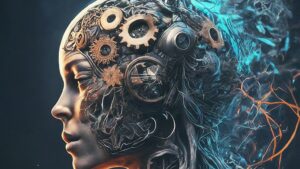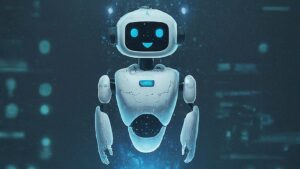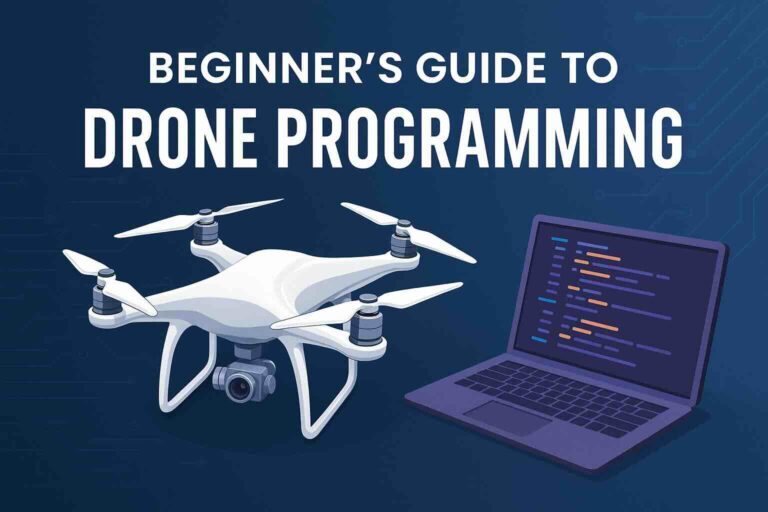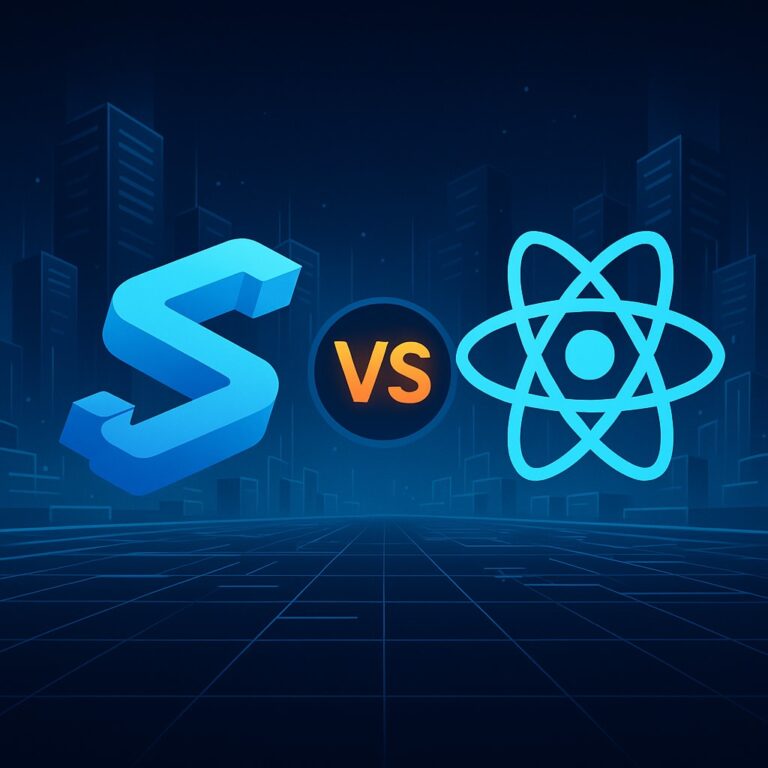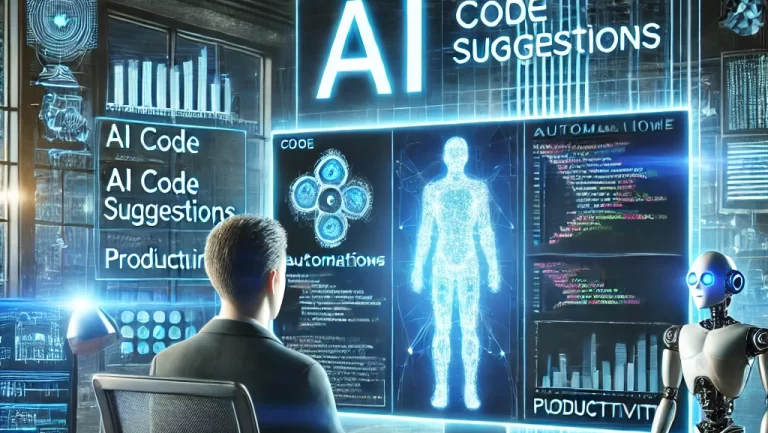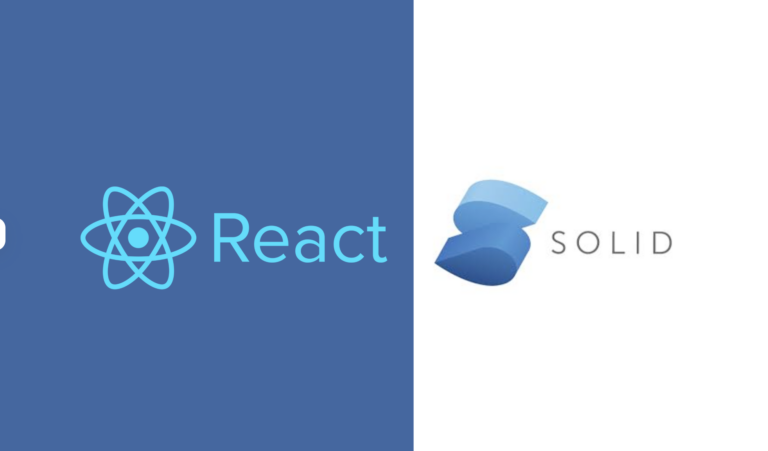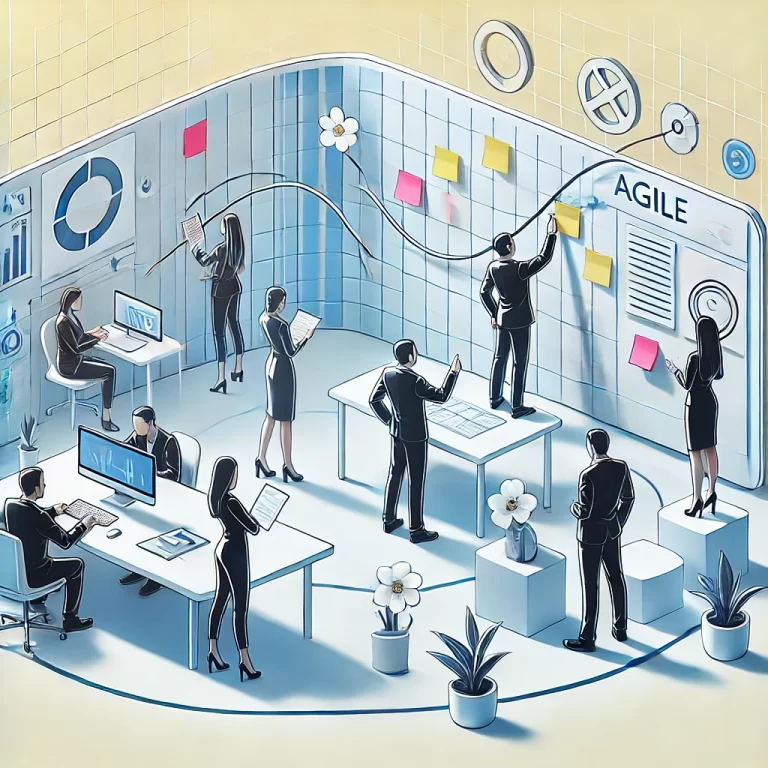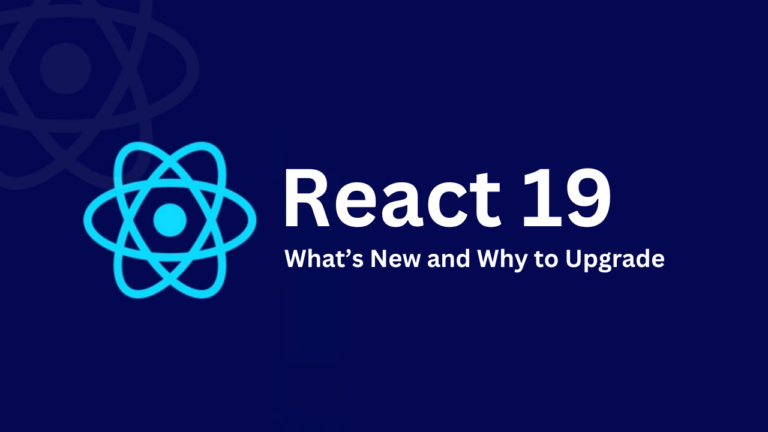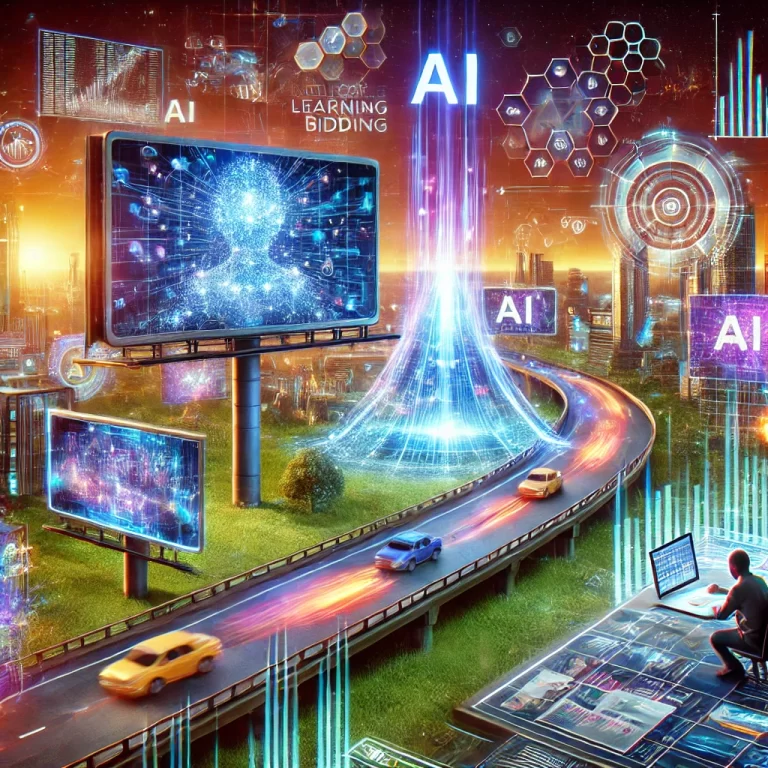As the tech landscape evolves rapidly, developers must continuously enhance their skills and stay updated with future technologies. Whether you’re a seasoned developer or just starting, the following ten books provide invaluable insights into machine learning, artificial intelligence, and other cutting-edge technologies of tomorrow.
1. “Deep Learning” by Ian Goodfellow, Yoshua Bengio, and Aaron Courville
Why It’s Essential:
As a comprehensive introduction to deep learning, this book covers the foundational algorithms and practical applications of deep learning in various fields. It’s essential for anyone looking to understand the intricacies of neural networks.
Key Takeaways:
- Fundamentals of neural networks
- Practical implementation of deep learning algorithms
- Applications of deep learning in real-world scenarios
2. “Pattern Recognition and Machine Learning” by Christopher M. Bishop
Why It’s Essential:
This book offers a comprehensive introduction to the fields of pattern recognition and machine learning. Bishop provides detailed explanations of statistical techniques used in machine learning and pattern recognition.
Key Takeaways:
- Bayesian networks and inference
- Classification, regression, and clustering techniques
- Practical examples and case studies
3. “Machine Learning: A Probabilistic Perspective” by Kevin P. Murphy
Why It’s Essential:
Kevin Murphy’s book provides a thorough introduction to the probabilistic approach in machine learning. It covers both foundational concepts and advanced topics, making it suitable for both beginners and experienced practitioners.
Key Takeaways:
- Probabilistic graphical models
- Learning algorithms and inference methods
- Real-world applications of machine learning
4. “Artificial Intelligence: A Modern Approach” by Stuart Russell and Peter Norvig
Why It’s Essential:
Considered one of the best AI textbooks, this book covers a broad range of AI topics, including search algorithms, machine learning, logic, and knowledge representation. It’s a must-read for understanding the principles and practices of AI.
Key Takeaways:
- Core concepts of artificial intelligence
- Machine learning algorithms and their applications
- Ethical and societal implications of AI
5. “Hands-On Machine Learning with Scikit-Learn, Keras, and TensorFlow” by Aurélien Géron
Why It’s Essential:
This practical guide teaches you how to implement machine learning algorithms using popular Python libraries. It’s perfect for developers looking to apply machine learning techniques to real-world problems.
Key Takeaways:
- Implementing machine learning algorithms with Scikit-Learn
- Deep learning with Keras and TensorFlow
- Real-world case studies and examples
6. “Introduction to Machine Learning with Python: A Guide for Data Scientists” by Andreas C. Müller and Sarah Guido
Why It’s Essential:
This book provides a practical introduction to machine learning using Python. It covers a wide range of machine learning techniques and includes code examples to help you get started quickly.
Key Takeaways:
- Supervised and unsupervised learning techniques
- Practical implementation of machine learning algorithms
- Working with data and preprocessing techniques
7. “Reinforcement Learning: An Introduction” by Richard S. Sutton and Andrew G. Barto
Why It’s Essential:
Reinforcement learning is a key area of machine learning, and this book provides a comprehensive introduction to the field. Sutton and Barto cover both theoretical concepts and practical applications.
Key Takeaways:
- Fundamentals of reinforcement learning
- Value-based and policy-based methods
- Applications of reinforcement learning in robotics, game playing, and more
8. “Data Science for Business: What You Need to Know about Data Mining and Data-Analytic Thinking” by Foster Provost and Tom Fawcett
Why It’s Essential:
This book is a must-read for understanding how to apply data science and machine learning in a business context. It covers key concepts and practical techniques for data mining and analytics.
Key Takeaways:
- Data-analytic thinking and business strategy
- Key data mining techniques and their applications
- Case studies and practical examples
9. “Life 3.0: Being Human in the Age of Artificial Intelligence” by Max Tegmark
Why It’s Essential:
For developers interested in the future impact of AI, “Life 3.0” explores the possibilities and ethical considerations of advanced AI. Max Tegmark provides a thought-provoking look at how AI will shape society.
Key Takeaways:
- Future scenarios of AI development
- Ethical and societal implications of AI
- Preparing for a future with advanced AI
10. “Superintelligence: Paths, Dangers, Strategies” by Nick Bostrom
Why It’s Essential:
Nick Bostrom explores the potential future scenarios where artificial intelligence surpasses human intelligence. This book is crucial for understanding the strategic considerations and ethical dilemmas of developing superintelligent AI.
Key Takeaways:
- Scenarios of AI surpassing human intelligence
- Ethical implications and risks of superintelligent AI
- Strategic planning for AI development
Conclusion
Investing time in these books will significantly enhance your understanding of machine learning, artificial intelligence, and other future technologies. From mastering the intricacies of deep learning to understanding the ethical implications of AI, these books cover a wide range of essential topics for developers. Happy reading and coding!

